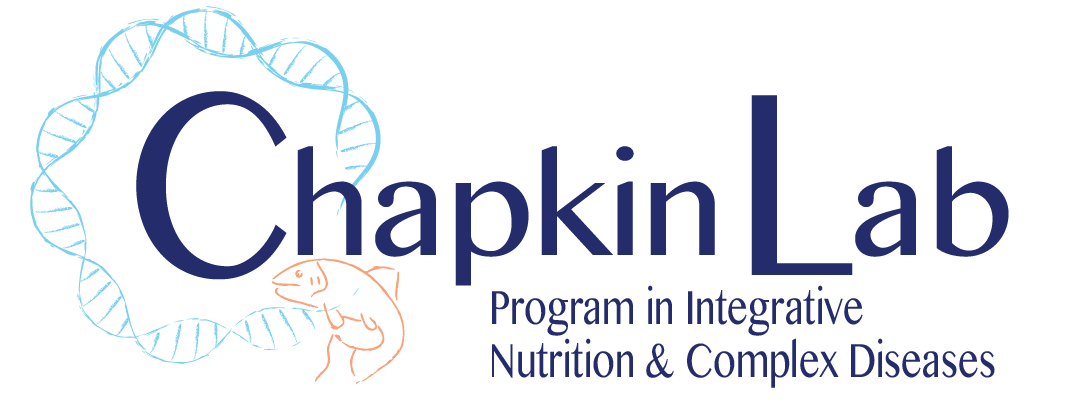Dr. Montoya Uribe Is A Post-Doctorial Research Associate

Education
B.S., Universidad de Antioquia, Biology, 2014
M.Sc., University of Texas of the Permian Basin, Biology, 2018
Ph.D., University of Hawai’i at Mānoa, Molecular Biosciences and Bioengineering, 2023
Biography
I was born and raised in Medellín, Colombia. As an undergraduate student, I attended the Universidad de Antioquia from where I earned a Bachelor of Science (B.S.) degree in Biology with a focus on conservation biology. Before finishing my undergraduate studies, I decided to improve my English-speaking skills by enrolling in a 21-month exchange program in Medford, New York as part of the Cultural Care Exchange Au Pair program. During the completion of this program, I took proactive steps in improving my foreign-language skills by attending and graduating from the English as a Second Language (ESL) program at the Suffolk County Community College in Selden, NY.
Upon returning to my country of origin and after graduation, I decided to expand my scientific knowledge by pursuing a master’s degree in Biology at the University of Texas of the Permian Basin (UTPB) in Odessa, Texas. While at UTPB, I was honored to receive the John H. Doran Graduate Research Fellowship Endowment and a teaching assistantship position to support my academic studies. During my masters, I actively participated in local research symposiums and conferences where my research in endogenous cannabinoids was awarded the “Best Basic Science Oral Presentation Award” at the 2017 Research Forum at the Texas Tech University Health Sciences Center (TTUHSC) at the Permian Basin in Odessa, TX; and the “Basic Science Award” for my poster presentation at the 2017 Gender-Specific Medicine & Women’s Health Symposium of the TTUHSC as part of the Laura W. Bush Institute for Women’s Health in Lubbock, TX. I was also granted an underrepresented minorities’ award to participate and present my research as an Early-Stage Investigator (ESI) at the 2018 Society for Reproductive Investigation (SRI) Annual Scientific Meeting in San Diego, CA, and a student travel award to present at the 2018 International Cannabinoid Research Society (ICRS) Symposium in Montreal, Canada.
After completion of my master’s degree, I matriculated at the University of Hawai’i at Mānoa to pursue a PhD in Molecular Biosciences and Bioengineering. Soon after, I joined Dr. Matter’s lab at the University of Hawaii Cancer Center as a graduate research assistant where I conducted my PhD research in pregnancy-induced heart disease. My research was presented at the 2022 Annual John A. Burns School of Medicine (JABSOM) Biomedical Sciences & Health Disparities Research Symposium. I also worked on several other research projects during my doctoral studies that resulted in four publications, one in the cardiovascular field and three in the nutrition and microbiome research field.
Research
My undergraduate research focused on the preservation and propagation of a near-threatened (IUCN Red List Conservation Status) species of plant named Zamia manicata endemic of the subtropical-to-tropical lowland forests of Antioquia, Colombia and Darién province, Panama. During my masters, I assessed the role of endocannabinoids in fetal programming of adult diseases in a baboon model of maternal nutrient reduction (MNR), executed under the mentorship of Dr. Schlabritz-Loutsevitch’s at the TTUHSC in Odessa, TX. My PhD research was conducted in Dr. Matter’s lab at the UHCC and focused on understanding the molecular mechanisms that regulate pregnancy-induced heart disease. My research goal was to understand how peripartum cardiomyopathy can be inherited and what are the key players in the development of this condition and its transition to heart failure.
Currently, as a post-doctoral fellow in the Chapkin lab at Texas A&M University, my research focuses on the application of single cell sequencing methods to examine the effects of human milk oligosaccharides (HMOs) in relation to gnotobiotic mouse gut health. In addition, single cell multi-omic analyses are being used to determine whether mismatch repair (MMR) loss creates a selective advantage for intestinal stem cells in vivo. For this purpose, we are using inducible, intestinal stem cell-specific knockout mouse models of the Msh2 gene to create a mosaic intestine with wild-type and MMR-deficient stem cells.
